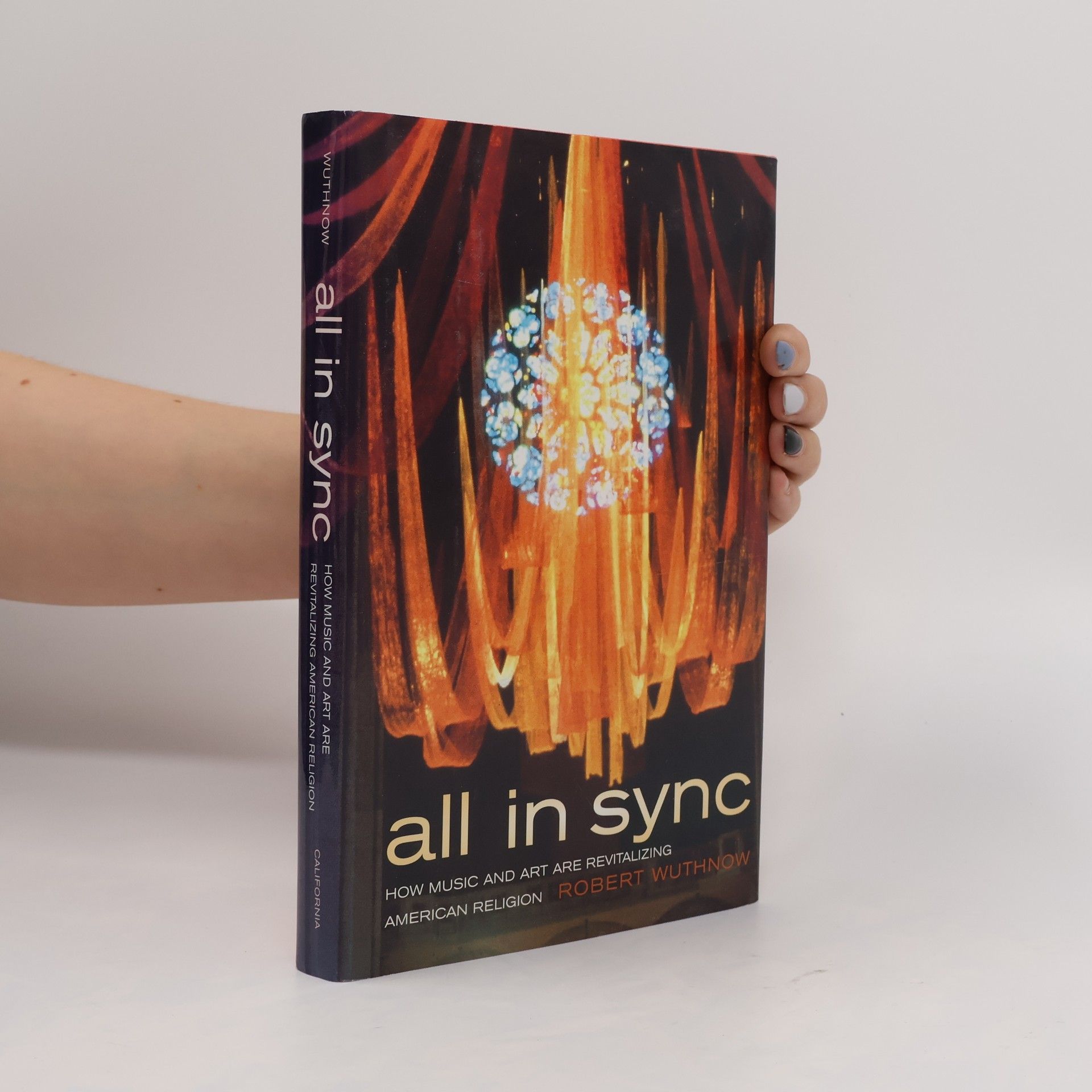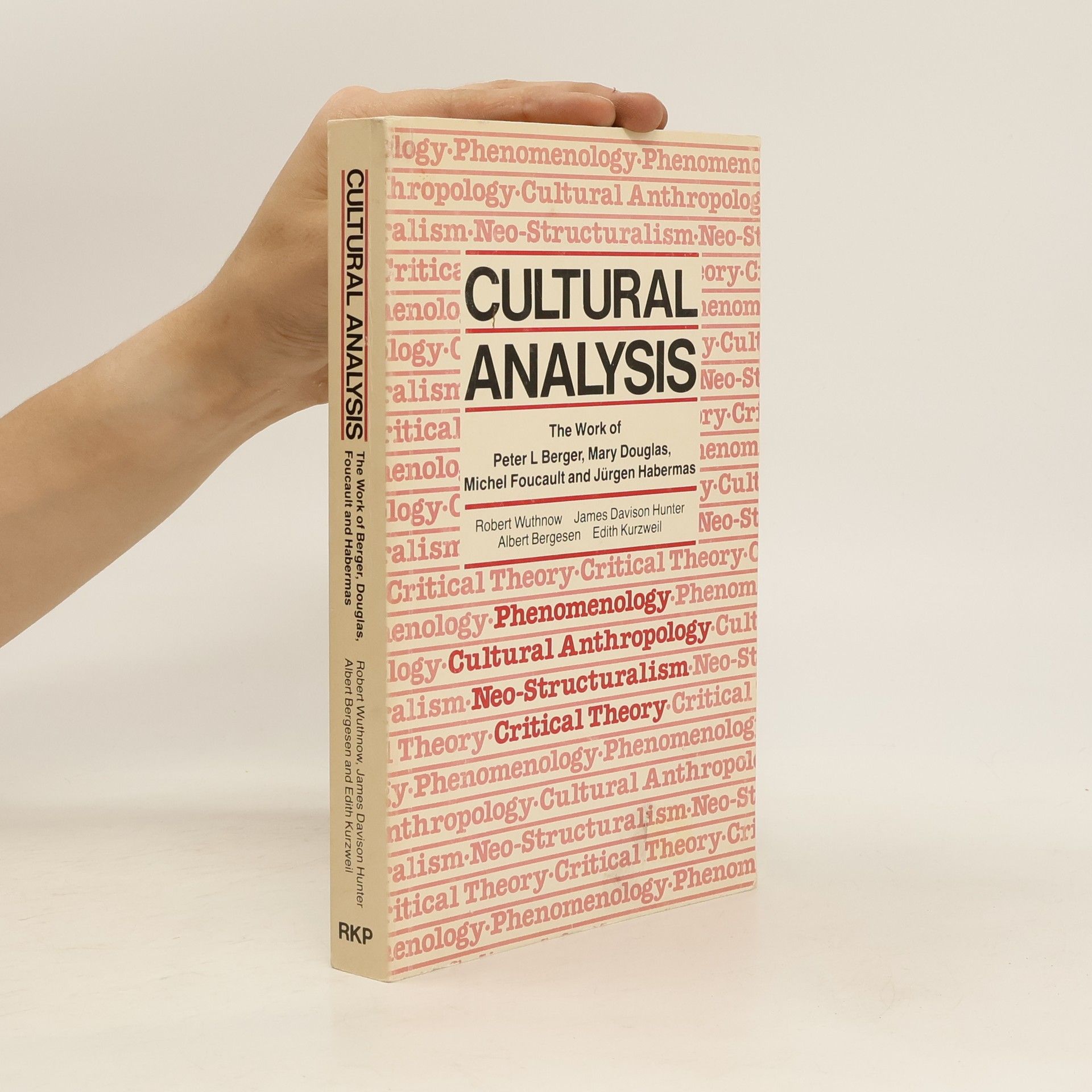Faith Communities and the Fight for Racial Justice
- 288 pages
- 11 hours of reading
The work for racial justice in the U.S. following the Civil Rights movement is a crucial yet often overlooked aspect of American religious history, overshadowed by the Religious Right. For decades, lesser-known faith leaders across the country have fought for fair housing, community development, affirmative action, voter registration, and against racial profiling. These leaders came from diverse backgrounds, including mainstream White Protestant denominations, Black denominations, Roman Catholic groups, and Jewish organizations. Many were affiliated with African Methodist Episcopal, Baptist, Lutheran, Methodist, Presbyterian, or United Church of Christ, as well as Brethren, Disciples of Christ, Mennonites, Moravians, and Quakers. They often formed coalitions of faith-based and nonsectarian organizations to address local issues through unsung struggles for racial justice. These efforts, often unnoticed by national media, yielded small but significant achievements. The book explores thematic chapters on community actions for fair housing, affirmative action, policy reform, and the fight against racial profiling. It highlights the systemic racism these advocates faced, which is deeply embedded in institutional structures and resistant to personal sensitization efforts. The historical record offers valuable lessons for today's racial justice advocates, emphasizing the effectiveness of progressive religious groups when they focus o


